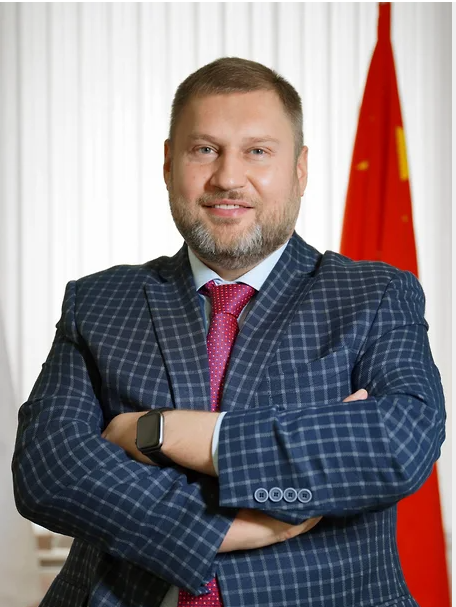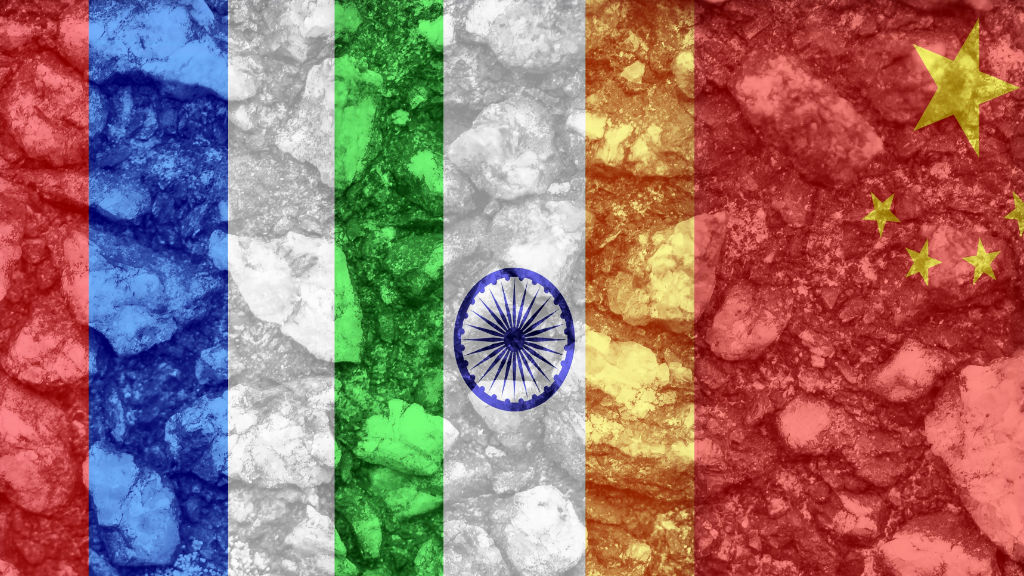Russia’s Kommersant newspaper has interviewed Vitaly Mankevich, the Chairman of the Russian-Asian Union of Industrialists and Entrepreneurs (RASPP) nd discussed the relationships between Russian businesses in China and India. We feature the interview below:
What is the current situation with receiving payment from Russian legal entities in Chinese banks?
“Briefly describing the situation is quite difficult and varied. Some banks do not complicate payments, others strengthened their verification, others have curtailed work with Russian banks and businesses, while others study the possibility of working with Russia and discuss these issues.”
Do payment schemes work through third countries?
“Different banks have a different attitude towards them. For example, the agent payment scheme through the UAE works well, but through Kazakhstan, oddly enough, it began to act with interruptions. It is impossible to completely disconnect Russia from international payments. Russia has the SPFS financial messaging system, in which there are 160 foreign participants from 20 countries. Also, Russian banks through Chinese counterparties are working with the Chinese CIPS system. In the last couple of years, some businessmen have returned to cash payments. This is not entirely convenient but works. No-one has set a goal of absolutely cutting Russia off from international payments even in theory – at least for now. The departure (from global markets) of such an exporter (as Russia) will be a shock that no one needs.”
Who turns to the Russian IT companies for help with payments to China?
“I can’t name specific companies, but most of them belong to the category of small and medium enterprises. I note that cooperation between Russian and Chinese companies in IT has begun. In addition to the companies themselves, industry associations and retailers are also involved. Corporate business is reluctant to help, as it usually has counterparties abroad who are interested in developing cooperation, with powerful teams of lawyers, logistics, and financial specialists, and they can afford expensive consulting services. In this regard, SMEs have much less opportunities, so they need more support.”

Russia is preparing to cooperate with China in the production of microelectronics. Did Russian processor developers contact you on the organization of production in China?
“Now it is expensive to produce something to order, including microelectronics and processors, and in particular in China. It is easier to buy finished products that can be adapted to customer characteristics. Chinese companies are eager to adapt their products, including microelectronics, to the Russian market. At the same time, to establish communications in the field of microelectronics, Russian organizations are registering businesses in China, now we see great demand for this service from the business. Typically, such a company employs local Chinese who are ready to travel to any city in China at any time and explain the wishes of the customer.”
Due to the increase in sanctions, has the number of requests to the RSPP to organize access to the Russian market by companies from China, India and other Asian countries decreased?
“We have not observed a drop in interest towards Russia from companies from friendly Asian countries. On the contrary, their interest in industries that were affected after the departure of Western, Japanese and South Korean brands is growing. There are certainly sanctions risks for Asian companies due to cooperation with Russian organizations. But Chinese companies have been working with sub-sanction countries — Iran, Venezuela, North Korea for many years, they have enough experience. To be successful, you need to make the Chinese company a profitable offer — for price, volume, conditions, and so on.”
How are Russian electronics developers looking for Indian intermediaries?
“With Indian companies, it is another story — under sanctions is difficult for them to work. And at the same time, they do not trade in sub-sanction goods with Russia. In general, deliveries from India to Russia are beginning to reach relatively serious volumes. However, the West puts much less pressure on Indian companies, and there is some encouragement in this.”
Russian and Chinese IT companies have begun to create joint ventures for the production of drones, and computers. How do you rate this trend?
“The trend is expanding. Chinese partners are trying to make the most of all the advantages of Russian Special Economic Zones, the tax benefits of regions and other incentives. I think by 2030 we will see 6–7,000 of these focused companies from the small IT business sector. First of all, we are talking about drones, and here cooperation is carried out at the level of not only companies, but also universities and regions. A year ago, during a trip to China, our Russian Prime Minister Mikhail Mishustin named the production of civilian drones among the most promising areas of cooperation between Russia and China. China is a world leader in this sector. Most promising I see the creation of component production based in Russia’s economic zones.”
What other areas are of interest to China?
“Chinese partners are interested in idle capacities abandoned in Russia by the Western companies who exited the Russian market. In general, Chinese entrepreneurs are very keenly interested in everything that can be saved on: the cost of production in its production in Russia is much cheaper. With a high degree of probability, the same thing will happen in the field of electronics, for example, household products, as well as in the production of computer components.”
Further Reading
Russia’s 2024 Trade and Development With China and India
Our 2024 Russia’s Pivot to Asia guide contains extensive discussions and analysis about Russia’s trade with China and India. It is a complimentary download and can be accessed in English here and in Russian here.

 Русский
Русский













